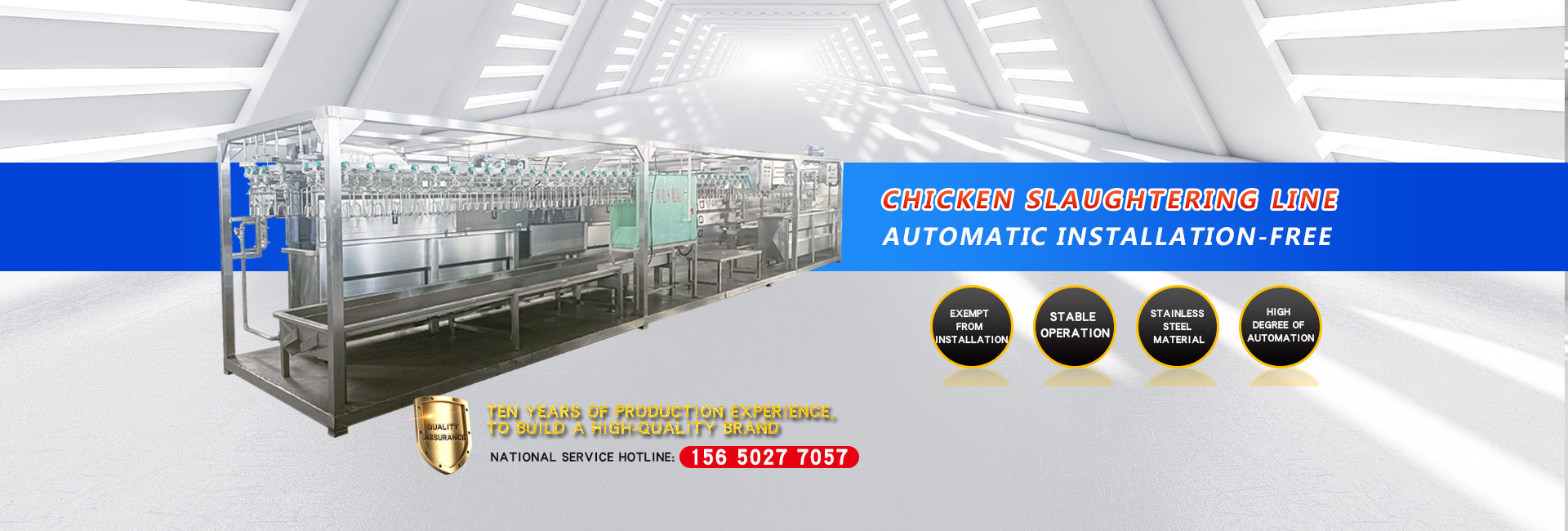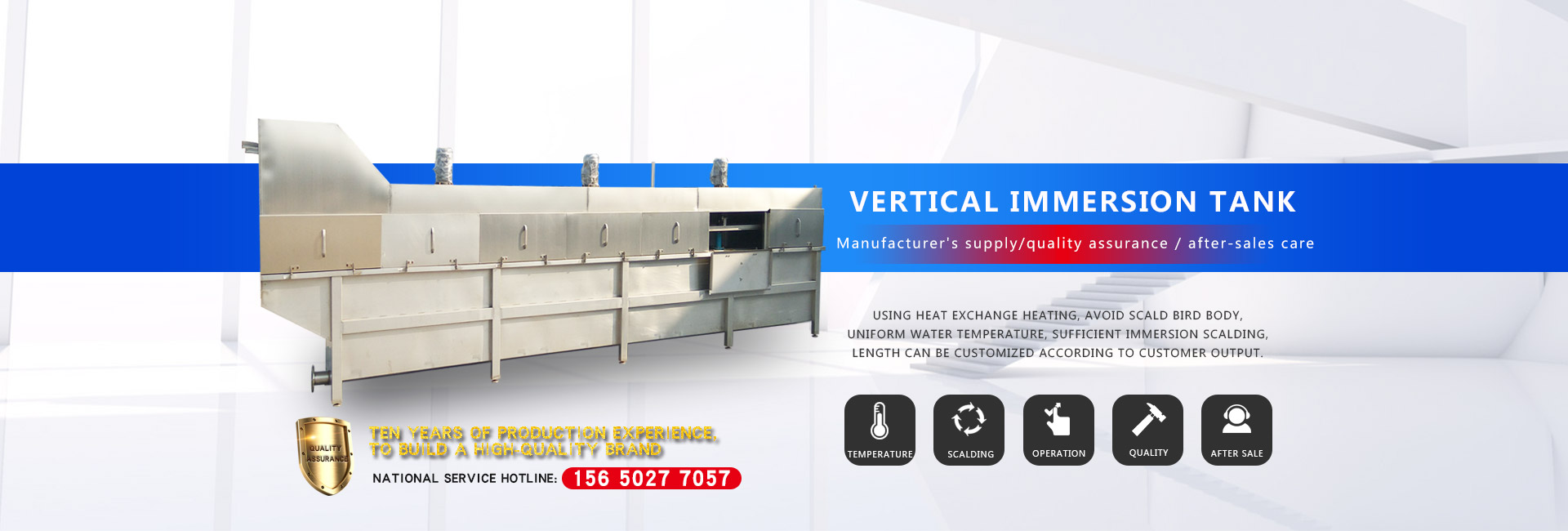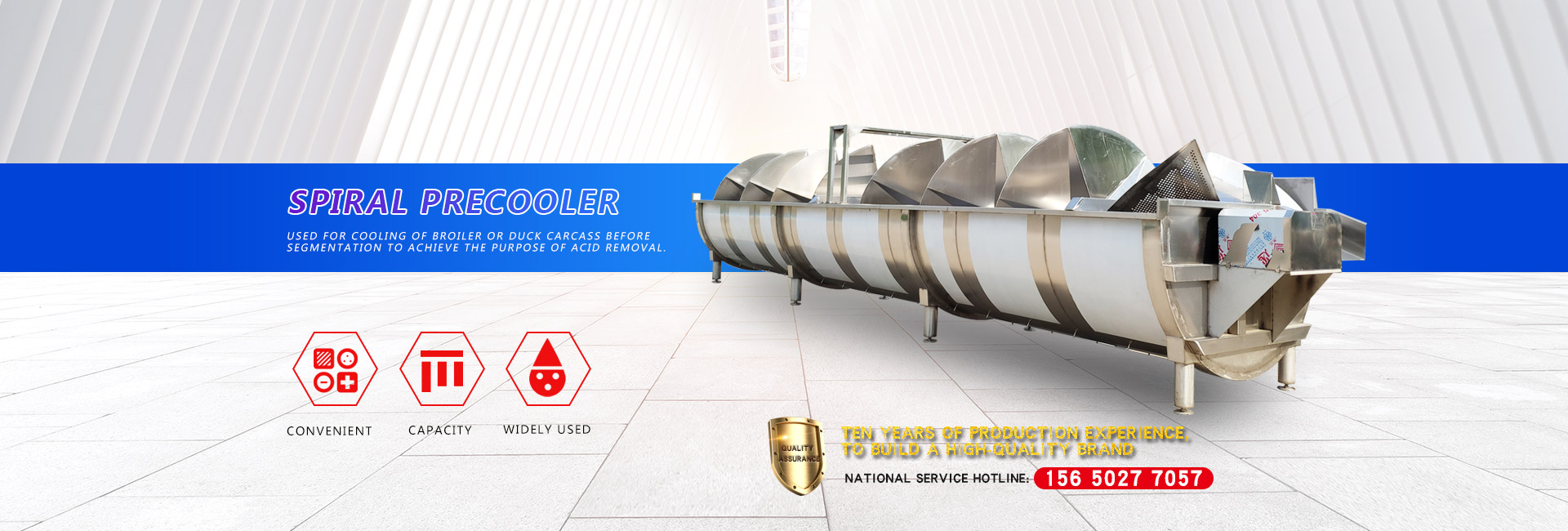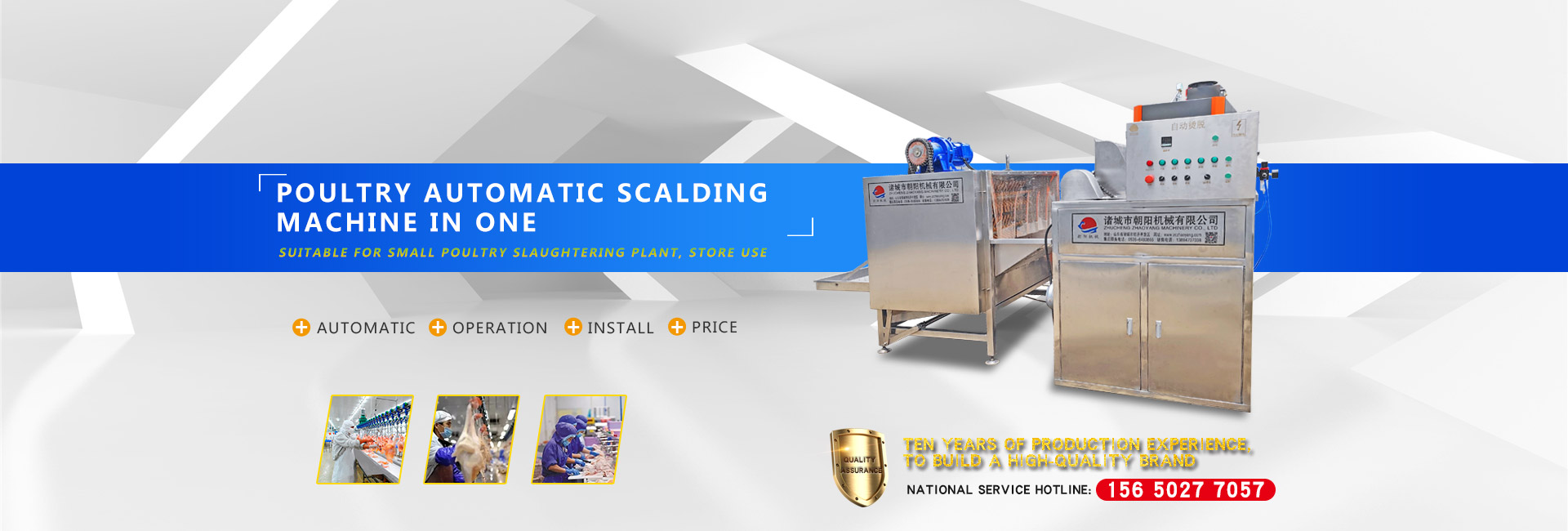Oil slowly in the storing process of oxidation is a major cause of problems seriously affect the quality of oil, oil quality. Although the use of synthetic antioxidants can inhibit the oxidation of oils, but this kind of antioxidants will bring food safety problems. Edible oils and fats in the storage process will slow oxidative deterioration formed small molecule acid and various oxides, thus resulting in rancidity of fats, and hydrogen peroxide produced by secondary oxidation products in the body is difficult to metabolism, will cause damage to the liver. Therefore, in order to delay the oxidative rancidity of fats keep oil fresh degree and prolong its storage period, often in the join a certain amount of antioxidants, such as BHT, BHA, propyl gallate (PG), but these synthetic antioxidants, often have an adverse impact on the human body, such as: BHT toxicity, BHA was also found the existence of possible carcinogenic, many countries has begun to disable, propyl gallate toxicity although small and main raw materials from natural, the potential risk is relatively small, but easy to product of metal ion combined with color show, resulting in the destruction of original products of the original colour. Therefore, to seek a natural and harmless edible antioxidant, it has become a problem of great concern to consumers.
Types of natural antioxidants
The rancidity of the oil is a series of extremely complex chemical changes the results, the mechanism of various antioxidants are different and very complex. Natural antioxidants can be divided into the following four types: the different types of natural antioxidants
(1) inhibition of the chain reaction of lipid oxidation
(2) to make the copper, iron and other metal ions to promote the role of the weakening of the oxidation.
(3) breakdown or destruction of peroxide in the fat.
(4) although their antioxidant capacity, but increase its effect with other antioxidants can be shared






